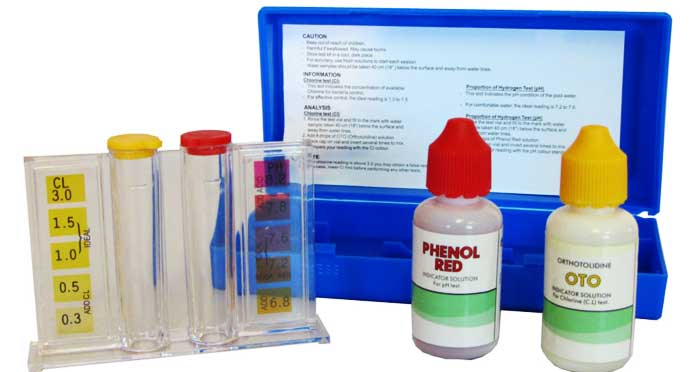The pH scale is a fundamental concept in chemistry that measures the acidity or alkalinity of a substance. Distilled water, often considered a neutral substance, plays a crucial role in various scientific and everyday applications. Certainly! Here’s a sentence for you: “Could you please tell me, what is the ph of distilled water? In this article, we will delve into the concept of pH, explore the properties of distilled water, and understand why it is often referred to as neutral on the pH scale.
pH Explained: A Brief Overview
pH stands for “potential of hydrogen” and is a measure of the concentration of hydrogen ions (H⁺) in a solution. The pH scale ranges from 0 to 14, with 7 being considered neutral. A pH value below 7 indicates acidity, with lower values indicating stronger acidity. Conversely, pH values above 7 indicate alkalinity, with higher values indicating greater alkalinity. The pH scale is logarithmic, meaning each whole pH value represents a tenfold change in acidity or alkalinity.
The Role of Hydrogen Ions
Hydrogen ions (H⁺) are positively charged ions formed when a hydrogen atom loses its electron. In an aqueous solution, these ions can either be abundant (resulting in a lower pH) or scarce (leading to a higher pH). The concentration of hydrogen ions directly influences the pH of the solution.

Distilled Water and pH Neutrality
Distilled water, often referred to as “pure” water, is created through a process that involves vaporizing water and then condensing the vapor back into liquid form. During this process, impurities and minerals are typically removed, resulting in a nearly pure H₂O composition.
Because distilled water contains very few ions, including hydrogen ions, its pH is close to 7. This characteristic places distilled water in the neutral range on the pH scale. However, it’s important to note that even pure water can absorb carbon dioxide from the air, forming carbonic acid (H₂CO₃) and slightly lowering its pH. This is why the pH of distilled water is typically very close to 7 but may vary slightly under different conditions.
Measuring the pH of Distilled Water
The pH of distilled water can be measured using a pH meter or pH indicator paper. These tools provide a numerical value that indicates whether the solution is acidic, neutral, or alkaline. When measuring the pH of distilled water, it’s essential to consider the quality of the equipment and the environmental conditions, as both can impact the accuracy of the reading.
Applications of Distilled Water’s Neutrality
The neutrality of distilled water on the pH scale makes it invaluable in various fields:
1. Laboratory Use
In scientific experiments, maintaining a neutral pH is often crucial to avoid interference with the chemical reactions being studied. Distilled water’s neutral nature makes it an ideal choice as a solvent or reagent in many laboratory procedures.
2. Medical and Pharmaceutical Applications
Distilled water’s purity and neutrality make it suitable for medical and pharmaceutical purposes, such as diluting medications and preparing sterile solutions.
3. Electronics and Manufacturing
In industries where precision and cleanliness are essential, such as electronics manufacturing, distilled water is used for cleaning and rinsing processes due to its neutral pH and lack of contaminants.
4. Cooking and Beverage Preparation
When cooking or preparing beverages, the neutrality of distilled water can influence the final taste and quality of the product. Its lack of minerals and ions ensures that it won’t alter the flavors of ingredients.
Conclusion
Distilled water’s neutrality on the pH scale is a fascinating aspect of its chemistry. Its minimal ion content and the absence of impurities make it an essential component in various scientific, industrial, and everyday applications. Understanding the pH of distilled water enhances our knowledge of its properties and benefits, highlighting its significance in a wide range of fields. Whether in laboratories, medical facilities, manufacturing plants, or our homes, distilled water’s neutrality continues to play a crucial role in enhancing the quality of processes and products.



